Sometimes, transformation doesn’t start with a policy paper or a new curriculum. Sometimes, it starts in a hotel conference room — with a circle of committed educators, open notebooks, and the simple but radical question: “What if every student felt seen, heard, and empowered?”
From May 11th to 17th, 2025, FAWEZA (Forum for African Women Educationalists Zambia Chapter) gathered educators from across all ten provinces of the country at Andrews Hotel for a five-day Training of Trainers (ToTs) on Gender-Responsive Pedagogy (GRP).
With the support of the Mastercard Foundation through the Second Chance Pathway Programme, FAWEZA is making it clear: gender equity in education cannot be achieved without transforming the very way we teach. And that transformation begins with the educators themselves.
In her powerful opening remarks, Bernadette Mufalo, FAWEZA’s National Treasurer, captured the spirit of the week: “This is more than training. It is a movement.” A movement that redefines what it means to stand at the front of a classroom. A movement that recognizes the deep responsibility teachers carry — not just to deliver content, but to build confidence, to dismantle bias, and to create space where all learners can thrive.
The training brought together focal point staff from TVET institutions, FAWEZA team members, and partners who all share a common mission: to build a future where gender no longer dictates opportunity.
The sessions were deeply practical, exploring how classroom dynamics, teaching materials, institutional cultures, and even teacher language can either reinforce or reject inequality. Participants challenged each other, shared real stories from the field, and most importantly, co-created solutions that make sense in the Zambian context.
But perhaps the most powerful takeaway was this: change starts with one teacher, one classroom, one student at a time. These educators return to their provinces not just with new knowledge, but with a renewed sense of purpose — and the ability to train others, multiplying the impact across the nation.
As Zambia continues to bridge gaps in education and employment for marginalized youth, especially young women, GRP is not a luxury—it’s a necessity.

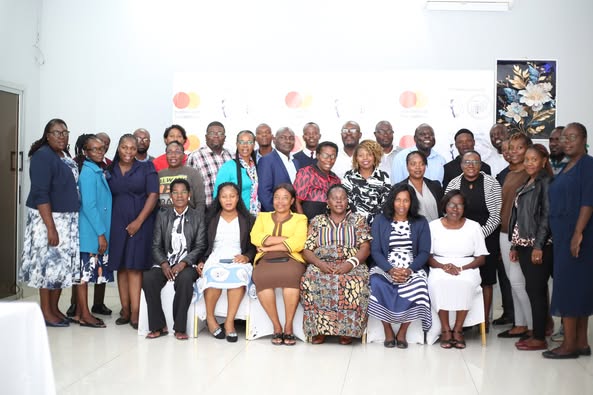
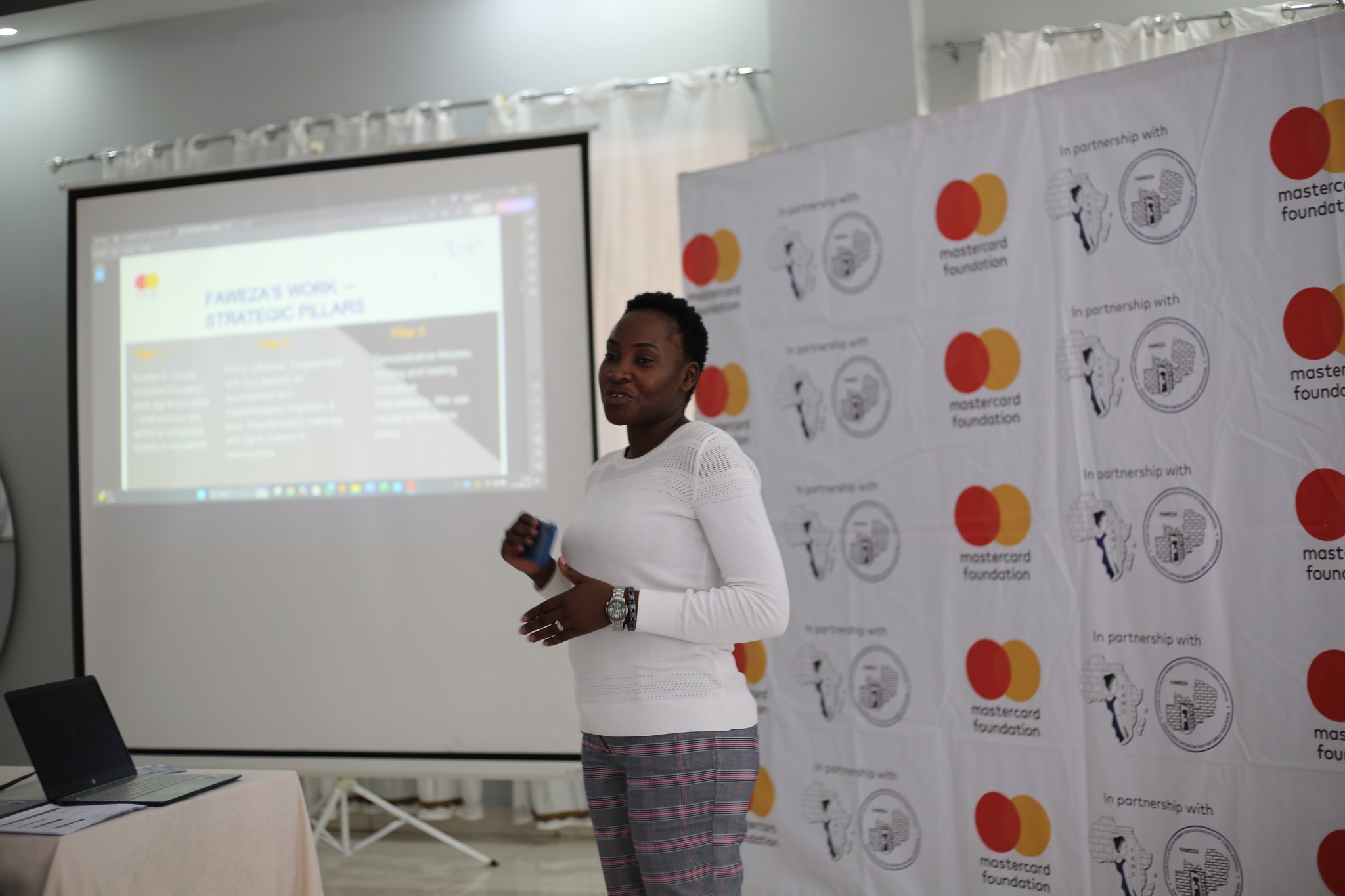
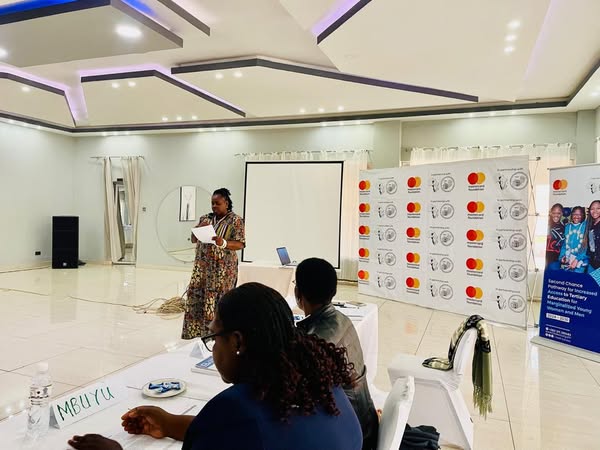
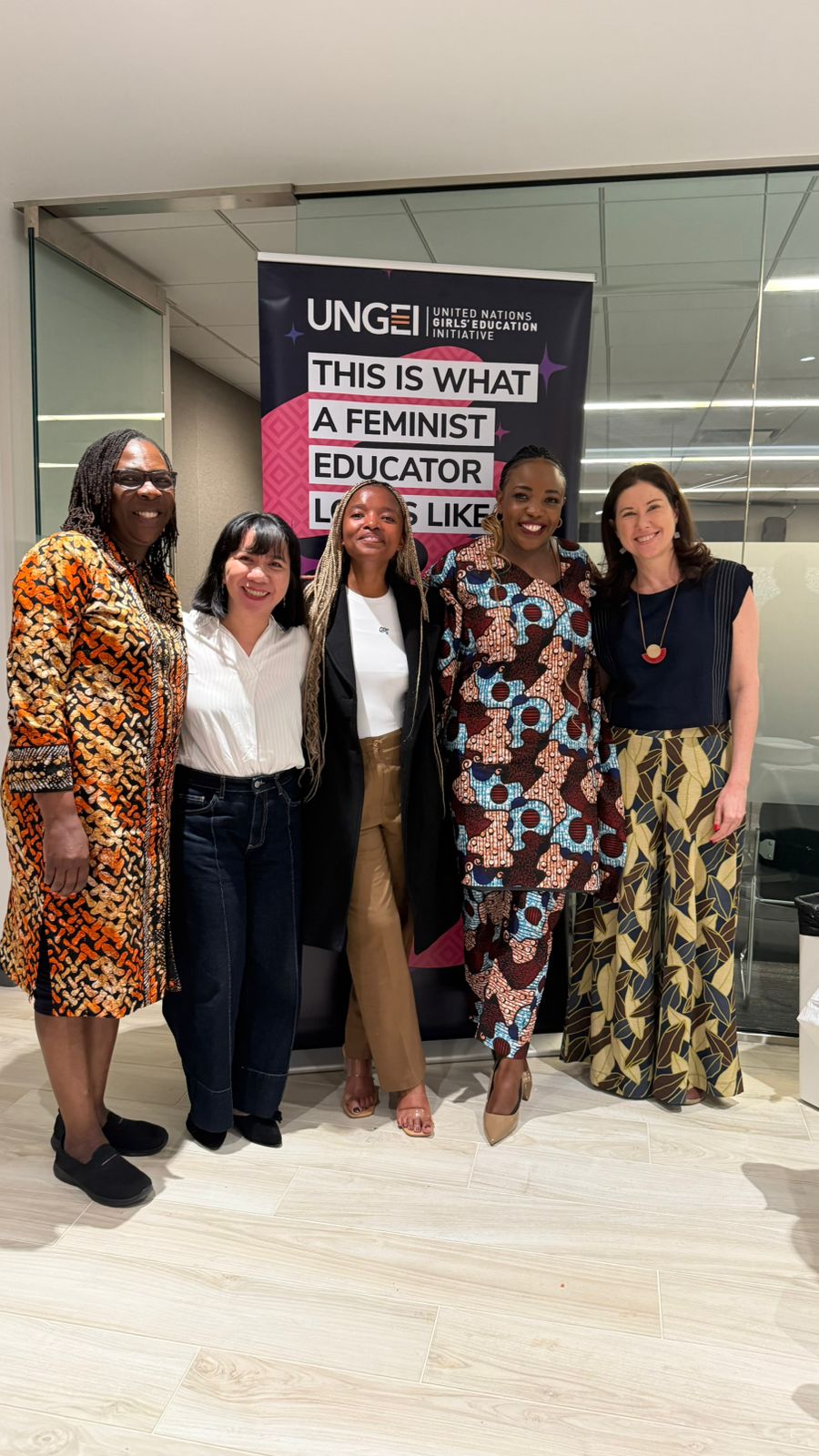
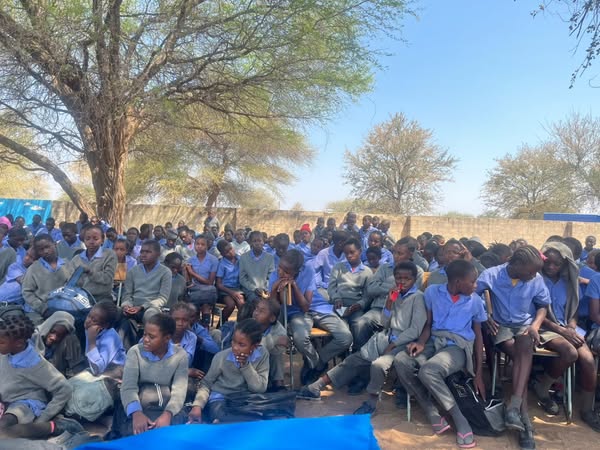
Leave A Comment